Table of Contents
- Exploring the Importance of Energy Efficiency in New Zealand
- Innovative Technologies Driving Energy Savings in New Zealand
- Government Policies and Incentives Boosting Energy Efficiency
- Practical Tips for Households to Enhance Energy Conservation
- The Future of Energy Efficient Practices in New Zealands Sustainable Development
- Q&A
- Key Takeaways
Exploring the Importance of Energy Efficiency in New Zealand
Energy efficiency plays a pivotal role in shaping New Zealand’s sustainable future, addressing both economic and environmental challenges. By optimizing energy use, individuals and businesses can significantly reduce their utility costs while lessening their carbon footprint. This dual benefit makes it an attractive proposition for Kiwis who are increasingly conscious of their impact on the planet. Furthermore, energy-efficient practices are essential for supporting New Zealand’s commitment to transitioning to renewable energy sources, moving away from dependency on fossil fuels.
Implementing energy-efficient technologies is not just about using less energy; it’s also about improving the quality of life for residents. For instance, homes equipped with better insulation, energy-efficient appliances, and smart home technologies create a more comfortable living environment while minimizing waste. As energy prices continue to fluctuate, investing in these improvements can yield significant long-term savings. Additionally, businesses that adopt energy-efficient practices can uphold their reputation as sustainable enterprises, attracting eco-minded consumers.
Government initiatives and incentives further enhance the push towards energy efficiency across New Zealand. Various programs offer financial assistance for energy upgrades and advocate for community awareness regarding sustainable practices. Here are some notable factors encouraging this movement:
- Reduced Energy Bills: Lower consumption translates to decreased expenses.
- Enhanced Property Value: Energy efficient homes attract buyers.
- Health Benefits: Improved air quality from better home insulation.
Through collective efforts in adopting energy-efficient technologies and supporting relevant policies, New Zealand aims to cultivate a thriving environment—one that values sustainability and resilience.


Innovative Technologies Driving Energy Savings in New Zealand
As New Zealand embraces a greener future, several innovative technologies are emerging to optimize energy efficiency. One of the most notable advancements includes smart home systems, which integrate various devices to monitor and manage energy usage. By leveraging IoT (Internet of Things) technology, homeowners can control lighting, heating, and appliances through a central hub or mobile application. This not only enhances convenience but significantly reduces unnecessary energy consumption.
Another groundbreaking technology making waves across the country is the use of demand response systems. These systems enable energy providers to adjust the supply based on real-time demand, thereby promoting efficient energy use. By employing advanced algorithms and grid management software, consumers can receive incentives for reducing their energy consumption during peak times. This synergy between demand and supply helps in stabilizing the grid and minimizing energy costs for both providers and users.
Additionally, the incorporation of solar energy storage solutions is increasingly becoming mainstream. With solar panels installed on rooftops, residents can harness abundant sunlight and store excess energy in advanced batteries. This leads to enhanced energy independence and sustainability. The rise of community solar projects also allows neighborhoods to collaboratively invest in renewable energy, further bolstering energy savings and promoting environmental stewardship.
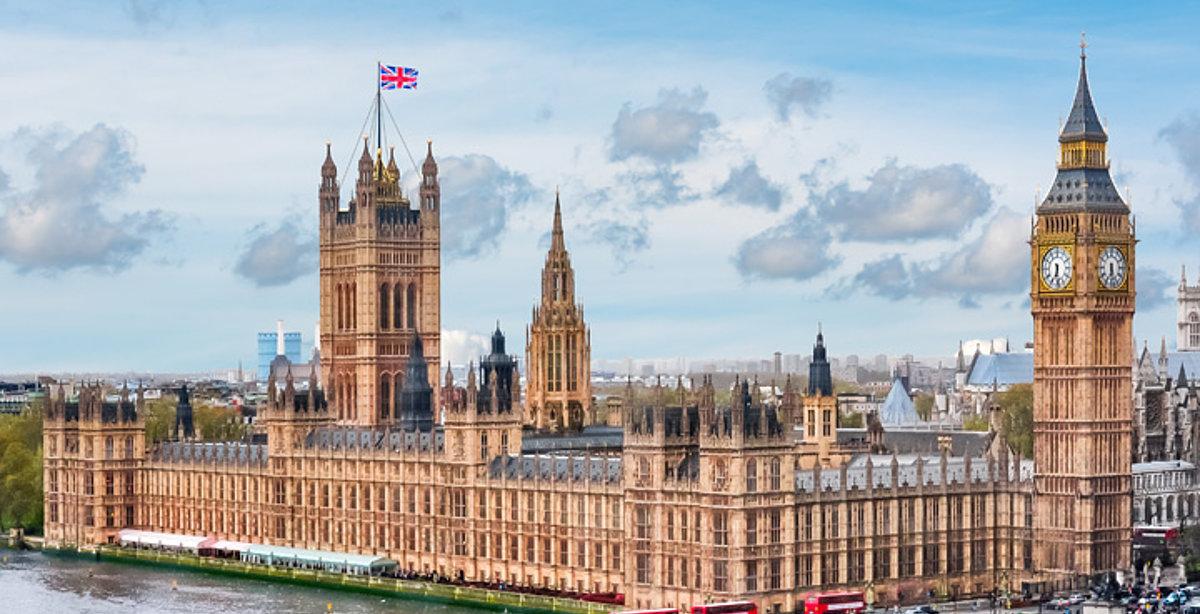

Government Policies and Incentives Boosting Energy Efficiency
The New Zealand government has initiated a variety of policies aimed at encouraging energy efficiency across different sectors. Through comprehensive legislation, financial support, and strategic programs, these measures are tailored to foster a culture of sustainability. Initiatives such as the Energy Efficiency and Conservation Authority (EECA) play a crucial role in guiding businesses and households toward more energy-efficient practices. This authority not only facilitates funding but also offers resources to help entities adopt cleaner technologies.
One of the standout programs is the Energy Efficiency Grants Program, which provides financial incentives for eligible organizations to invest in energy-efficient technologies and practices. Some key features include:
- Financial Assistance: Grants that can cover up to 40% of the project costs.
- Support for Innovation: Encouraging the development and adoption of new technologies that lower energy consumption.
- Training and Resources: Access to free workshops and educational materials to inform decision-making processes.
Moreover, the government has implemented taxation measures to reward energy-efficient practices. The Tax Incentive for Energy Efficient Buildings allows property owners to deduct expenses related to energy-saving upgrades. An encouraging table summarizing these incentives highlights their financial impacts:
| Incentive | Type | Potential Saving |
|---|---|---|
| Energy Efficiency Grants | Government Grants | Up to 40% |
| Tax Incentive for Energy Efficient Buildings | Tax Deduction | Significant savings on upgrades |
| Free Workshops | Educational Resource | Free access |


Practical Tips for Households to Enhance Energy Conservation
To make your home more energy efficient, start with simple yet effective habits. Switching to LED light bulbs can lead to significant savings on your electricity bill, as they use up to 80% less energy than traditional incandescent bulbs. Additionally, consider unplugging devices not in use; chargers, small appliances, and entertainment systems can draw power even when turned off. By incorporating these straightforward changes, you can reduce energy consumption without sacrificing comfort.
Another practical strategy is to optimize your home’s insulation. Proper insulation in your walls, attic, and flooring can prevent heat loss during colder months and keep your home cooler in summer. Also, consider installing weather stripping around doors and windows to seal leaks, further enhancing thermal efficiency. By ensuring that your living space maintains its desired temperature, you can minimize the need for heating and cooling systems, ultimately lowering your energy usage.
investing in energy-efficient appliances can have a substantial impact on your household’s energy consumption. Look for products labeled with the Energy Star certification, as they are designed to use less energy without compromising performance. For added savings, use a smart thermostat to monitor and control your heating and cooling systems. These thermostats can learn your schedule and preferences, ensuring that your heating runs only when needed and reducing waste.
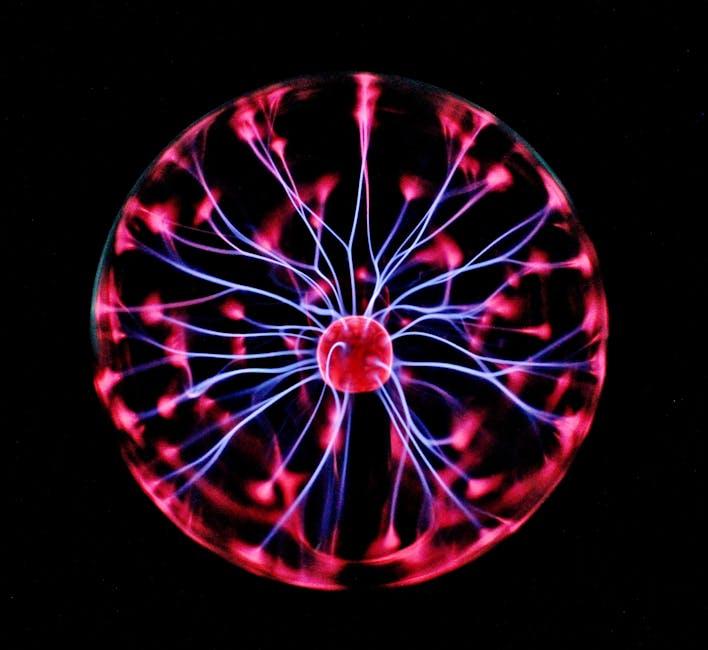

The Future of Energy Efficient Practices in New Zealands Sustainable Development
As New Zealand navigates the complexities of climate change and environmental stewardship, energy efficiency practices emerge as pivotal components in shaping its sustainable future. The emphasis on reducing energy consumption not only helps mitigate the impacts of greenhouse gas emissions but also fosters economic resilience across various sectors. With government incentives and innovative technologies, businesses and households are being encouraged to adopt practices that prioritize efficiency, transforming the way energy is utilized nationwide.
The integration of renewable energy sources is one of the cornerstones of this transformation. Solar power, wind energy, and hydroelectric systems are being harnessed to replace traditional fossil fuels, significantly decreasing carbon footprints. Additionally, policies are being crafted to support energy-efficient retrofitting in existing buildings and infrastructure. This includes:
- Insulation Improvements: Enhancing insulation to reduce heating and cooling demands.
- Smart Technology: Implementing IoT devices for real-time energy monitoring.
- Efficient Appliances: Upgrading to ENERGY STAR-rated products that consume less energy.
The future of energy efficiency in New Zealand also hinges on education and community engagement. Awareness programs are crucial for empowering citizens to make informed choices about their energy use. By fostering an understanding of sustainability, New Zealand can nurture a culture that values energy efficiency. Moreover, collaborative efforts across government, businesses, and the public will be essential in reaching ambitious targets, such as:
| Target Area | Current Status | Goal by 2030 |
|---|---|---|
| Renewable Energy Share | 39% | 70% |
| Energy Efficient Buildings | 30% | 100% |
| Public Awareness Level | 60% | 90% |
Q&A
Q&A: Energy Efficiency in New Zealand
Q1: What is energy efficiency, and why is it important for New Zealand? A1: Energy efficiency refers to using less energy to perform the same tasks or produce the same output. For New Zealand, improving energy efficiency is vital because it helps reduce greenhouse gas emissions, lowers energy costs for households and businesses, and contributes to a more sustainable and resilient energy system. By enhancing energy efficiency, New Zealand can also decrease its reliance on imported fossil fuels and support the transition to renewable energy sources.Q2: How can New Zealand households improve their energy efficiency? A2: Households can adopt several straightforward measures to enhance energy efficiency, such as:
- Sealing Drafts: Use weather stripping and caulking to seal gaps around windows and doors, preventing heat loss.
- Upgrading Insulation: Proper insulation keeps homes warm in winter and cool in summer, reducing the need for heating and cooling systems.
- Utilizing Energy-Efficient Appliances: Look for appliances with an Energy Star rating, which consume less electricity without sacrificing performance.
- Smart Meter Technology: Use smart meters to monitor energy usage in real-time and identify opportunities for conservation.
Q3: What role does the government play in promoting energy efficiency in New Zealand? A3: The New Zealand government plays a crucial role in promoting energy efficiency through policies, regulations, and programs. Initiatives like the Energy Efficiency and Conservation Authority (EECA) provide resources, funding, and expertise to help businesses and households implement energy-saving measures. Government incentives and subsidies encourage the adoption of renewable energy technologies and energy-efficient practices, creating a supportive environment for sustainable energy use.
Q4: What are some popular energy efficiency programs available to New Zealand businesses? A4: New Zealand businesses can take advantage of several programs aimed at enhancing energy efficiency, including:
- The Energy Management Programme: Aimed at large energy users, this program provides frameworks for creating and implementing energy management systems.
- Clean Energy Fund: Supports projects that seek to improve energy efficiency and reduce emissions within the industrial sector.
- National Energy Efficiency and Conservation Strategy: This long-term strategy outlines goals and actions to increase energy efficiency across various industries, bolstering sustainability efforts.
Q5: How does energy efficiency contribute to New Zealand’s climate goals? A5: Energy efficiency is a cornerstone of New Zealand’s climate action plan. By reducing energy consumption, New Zealand can significantly lower its carbon footprint and move closer to achieving its commitment to the Paris Agreement. Enhancing energy efficiency is often the most cost-effective way to reduce emissions, making it an essential strategy in the country’s efforts to combat climate change, promote renewable energy sources, and ensure a sustainable future.
Q6: What are some challenges faced in promoting energy efficiency in New Zealand? A6: Challenges in promoting energy efficiency include:
- Awareness and Education: Many individuals and businesses may lack knowledge about the benefits and methods of improving energy efficiency.
- Initial Costs: While energy-efficient upgrades often save money in the long run, the upfront investment can be a barrier for some.
- Infrastructure Limitations: In some regions, existing infrastructure may not be conducive to implementing energy-saving technologies, requiring further investment and planning.
Q7: Where can individuals learn more about improving energy efficiency in their homes? A7: Individuals can access valuable resources from various organizations. The Energy Efficiency and Conservation Authority (EECA) offers guidance on energy-saving tips and home improvements. Local councils and community groups may also provide workshops or seminars aimed at educating residents about energy-efficient practices. Additionally, numerous online platforms and local universities offer courses and informational materials on energy management and sustainability.
By understanding and implementing energy efficiency measures, New Zealand can not only save money but also protect its stunning environment for generations to come.

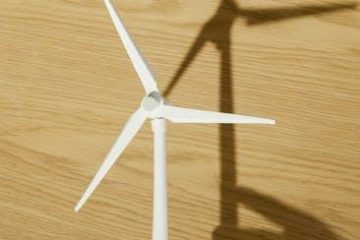
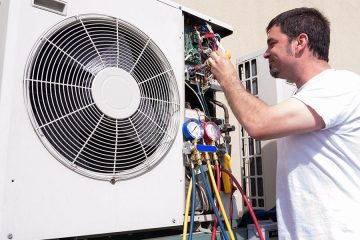
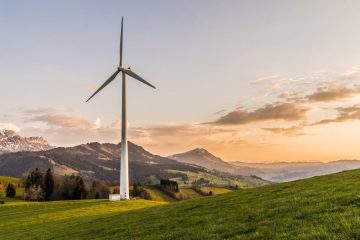
0 Comments